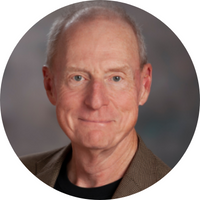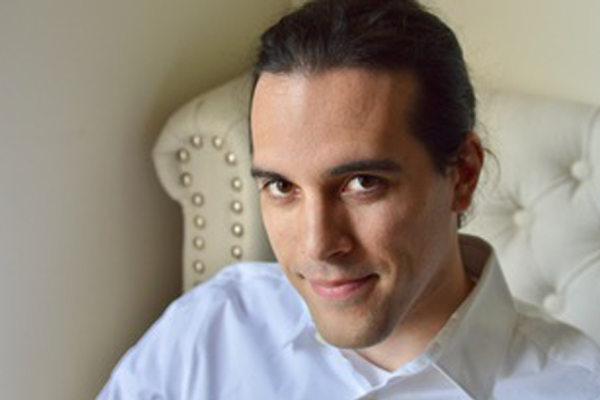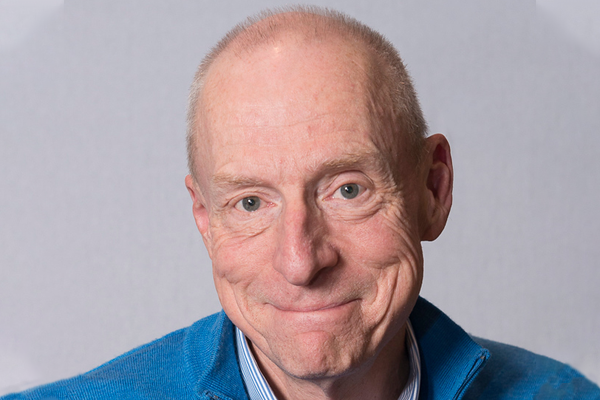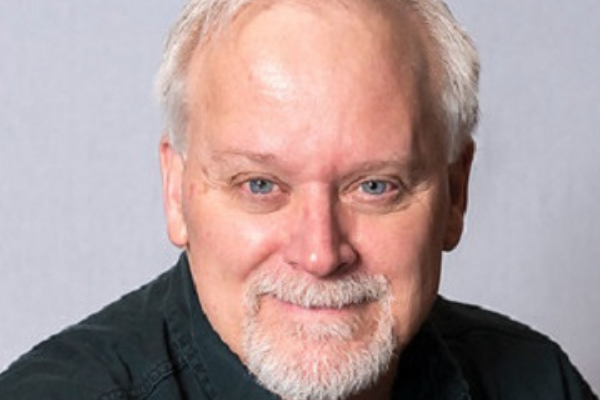
Chemist, know thyself.
Thirty years ago, I had a startup recycling business inside the corporation. We needed to develop all the logistics and technology to recycle a product that was important to us in virgin resin sales, but a minuscule part of the waste stream. It was a difficult problem to solve at all, never mind at scale and at a profit. And after five years, solve it we did. But never at scale or a profit.
There is an iconic scene in the cold war movie Dr. Strangelove where B-52 pilot Major Kong, played by cowboy actor Slim Pickens, rides his atomic bomb payload buckaroo-style into Moscow. That was me. I’m not a quitter and I might have spent the rest of my career trying to solve the problem. Mercifully, the company ripped it out of my hands and allowed me to go find something else, which is a good story for another day.
So here are your focusing questions. What kind of person are you? Are you a dispassionate judge, or deeply invested? How serious and time-bound are the problematic issues? What is your risk tolerance?
Some decisions require timely action. If you find yourself in an intolerable ethical situation, quietly order your affairs and walk away now. You have to live with yourself even if others decide differently. Leave before you have the desire to be a whistleblower. That virtually never ends well.
Some decisions can be made over time. Leaving a job seldom involves desecrating your boss’s desk in a fit of pique on the way out the door, unless you have the risk tolerance to do that. I don’t. Generally, it means saving money for a transition fund and starting a serious job search—and incidentally, ACS Careers can help with that. After you’ve analyzed all the facts, if you’re still undecided as to whether it’s time to leave, flip a coin. Don’t base the decision on the outcome—base it on how you FEEL about the outcome.
Sometimes decisions are revocable. Maybe you don’t have to quit a project that’s not working—you can set it aside for a while. That lets your thinking cool, and the decision changes from “How do I quit?” to “When do I take this up again?” Could be never.
Most importantly, if you are passionate about what you do and unable to make objective decisions—like me–start cultivating an independent mentor who can help you think about them. Sometimes you know the truth already—you just need someone to frame it for you from a different perspective.
Finally, try to remember that life is full of close calls rather than no-brainers, and baby steps rather than D-Day landings. Understand your capability for good judgement when it involves you. Find a mentor. And recognize you’ll be wrong sometimes but very few courses can’t be corrected.
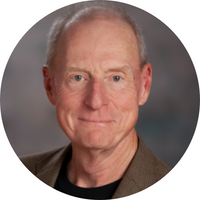
Bill Carroll retired from Occidental Chemical Corporation in 2015 after 37 years in the chloralkali and vinyl industries and now heads his own company, Carroll Applied Science, LLC. He is also Adjunct Professor of Chemistry at Indiana.
Bill has served as President as well as Chair of the Board of Directors of the American Chemical Society, and is an ACS Career Counselor.
This article has been edited for length and clarity. The opinions expressed in this article are the author's own and do not necessarily reflect the view of their employer or the American Chemical Society.
ACS Career Consultants are experts and leaders working in the field of chemistry who have volunteered to support other ACS members’ career development through one-on-one career counselling. They can stimulate your thinking, ask important career planning questions to help clarify goals, provide encouragement, teach strategies for making meaningful career decisions, and aid you in your job search. Connect with an ACS Career Consultant today!

